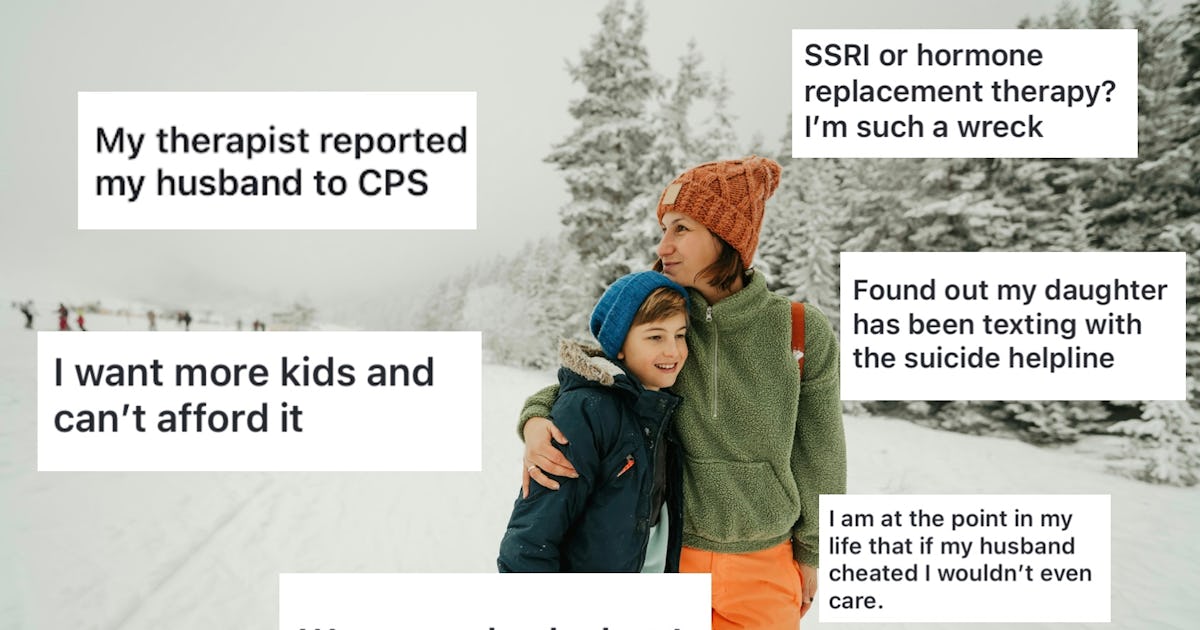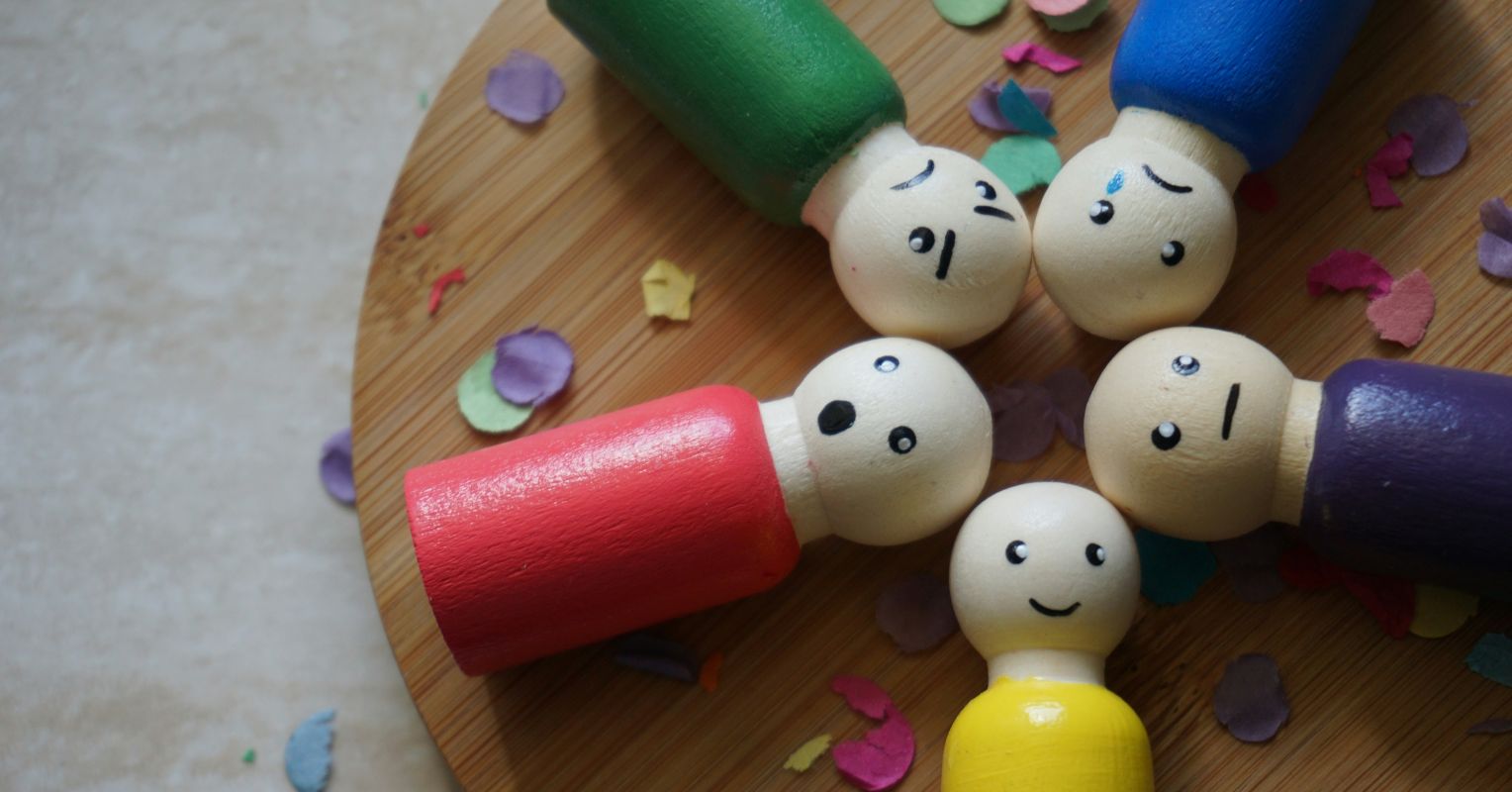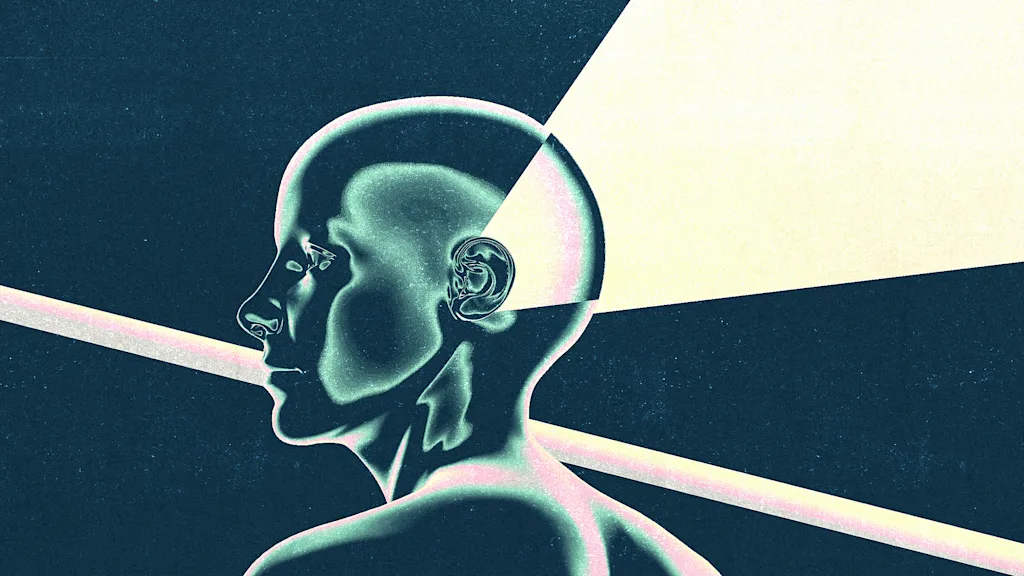Psychology
fromSilicon Canals
2 hours ago9 signs you feel others' emotions as if they're your own and what that reveals about your rare wiring - Silicon Canals
Highly sensitive individuals physically experience others' emotions in their bodies and become emotionally drained by crowds due to their neurological wiring for deep empathic responses.














